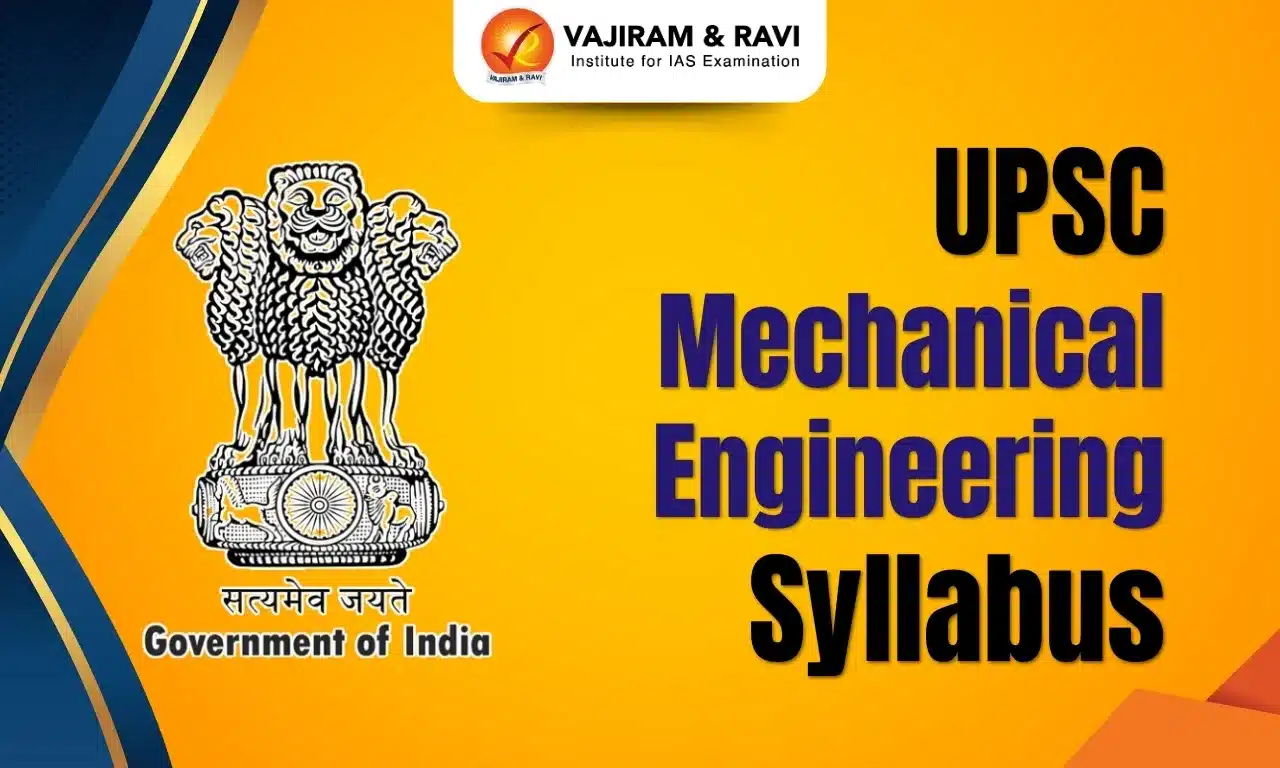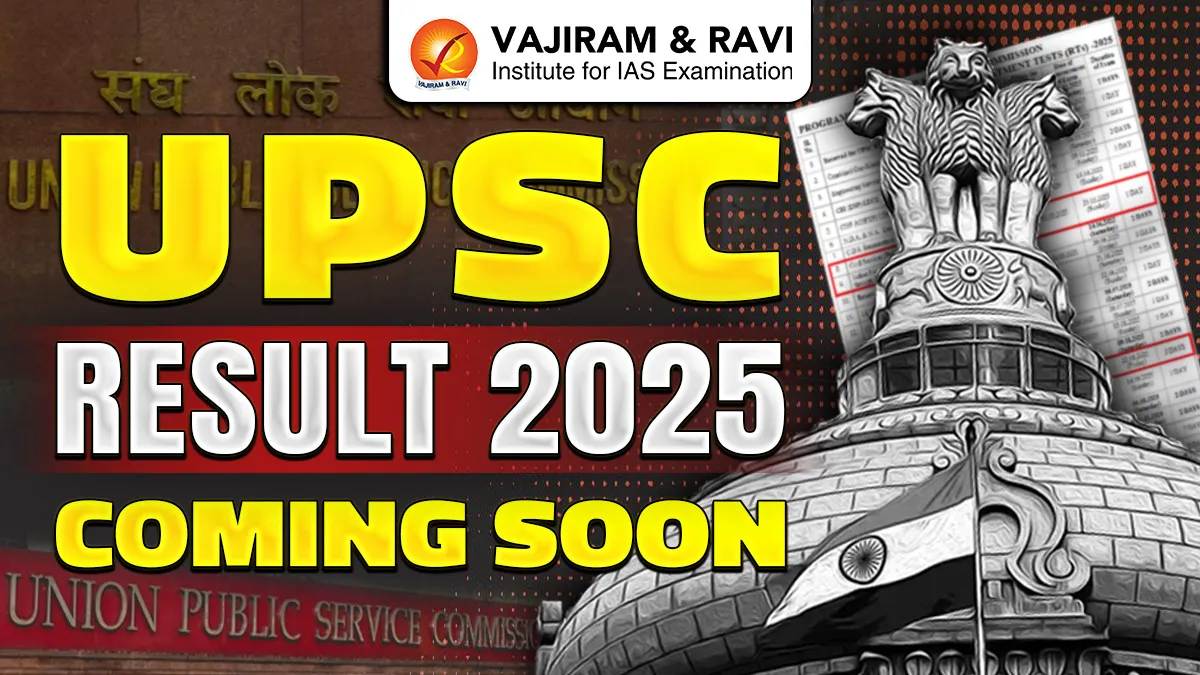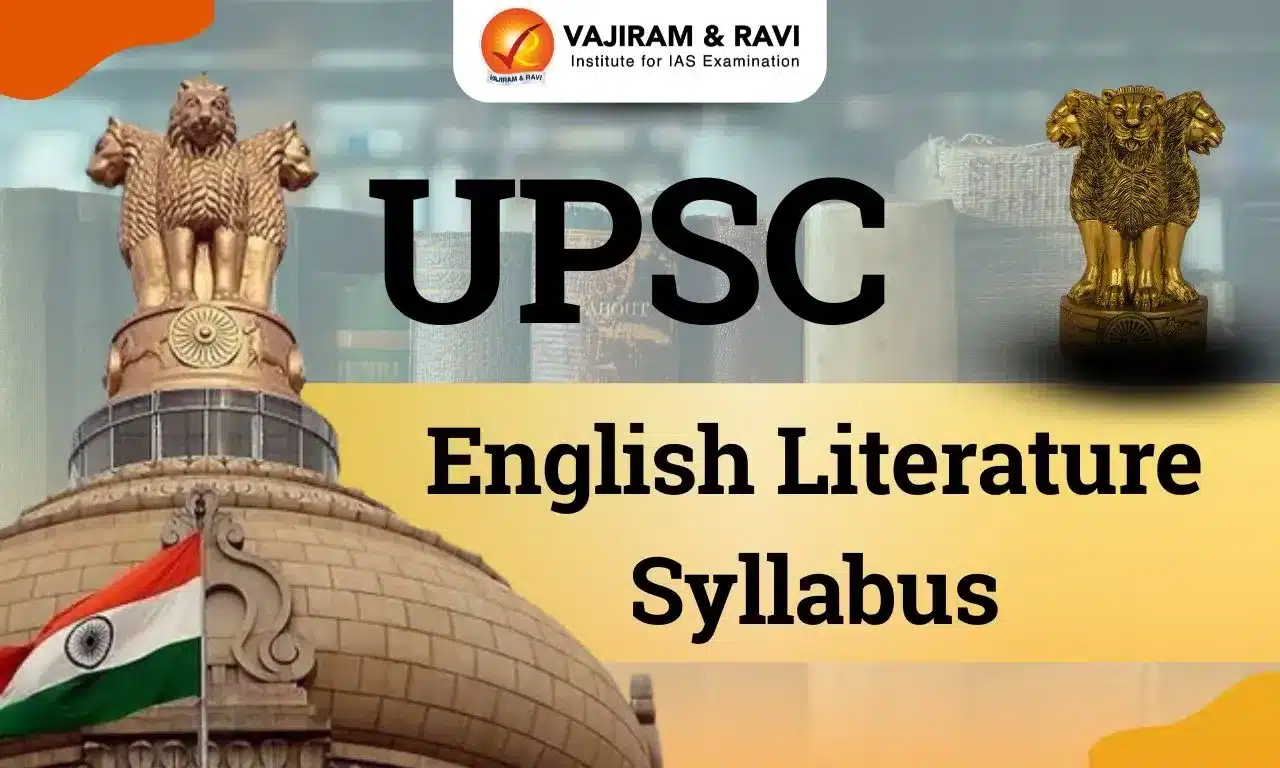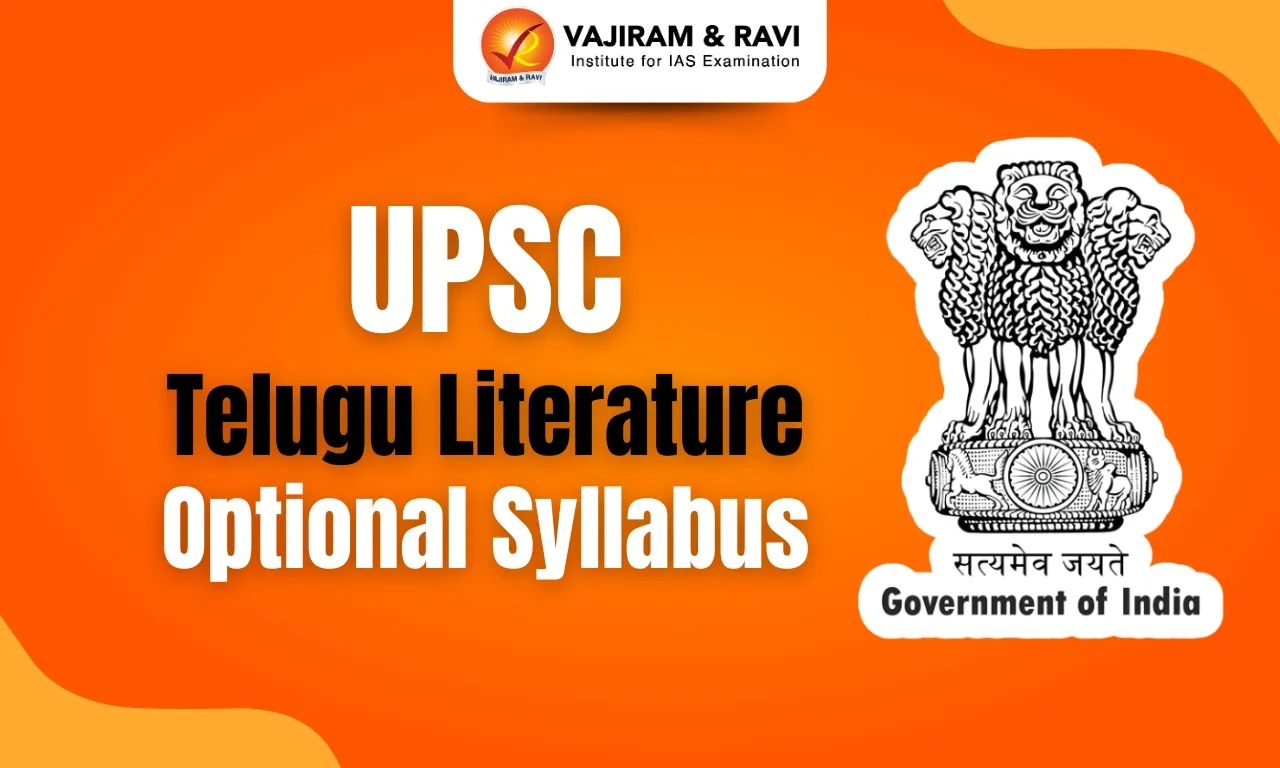Mechanical Engineering in UPSC involves the design, development, and testing of systems, covering from machinery to components and even the human body. With its significant role in modern technology and infrastructure, it is offered as one of the 48 optional subjects in the UPSC Mains Exam, alongside Electrical Engineering and Civil Engineering.
The Mechanical Engineering optional includes two papers (Paper I & Paper II), each worth 250 marks, totaling 500 marks. It is a preferred choice for candidates with an engineering background, offering them a subject-specific advantage. This article covers the syllabus, recommended books, preparation strategy of selecting Mechanical Engineering as an optional subject.
UPSC Mechanical Engineering Syllabus
Mechanical Engineering is a preferred optional subject in the UPSC Mains Exam, especially for candidates with a background in Mechanical Engineering at the graduation or post-graduation level. On average, around 150 to 220 candidates choose Mechanical Engineering as their optional subject each year, with a success rate of approximately 10%. The subject's difficulty level is generally considered moderate, based on past exam analysis. To maximize their chances of success, candidates should align their preparation with the official UPSC Mechanical Engineering Syllabus.
UPSC Mechanical Engineering Syllabus for Paper 1
The UPSC Mechanical Engineering Syllabus for Paper 1 includes the topics covered during their engineering course including subjects like thermodynamics, cycles and IC engines, heat transfer and refrigeration, fluid mechanics, turbomachinery and power plants. For a detailed subject description, refer to the table below.
|
UPSC Mechanical Engineering Syllabus for Paper 1 |
|
|
Mechanics |
1.1 Mechanics of Rigid Bodies
1.2 Mechanics of Deformable Bodies
|
|
Engineering Materials |
|
|
Theory of Machines |
|
|
Manufacturing Science |
4.1 Manufacturing Process
4.2 Manufacturing Management
|
UPSC Mechanical Engineering Syllabus for Paper 2
The UPSC Mechanical Engineering Syllabus for Paper 2 includes the topics like properties of materials, the principles guiding machinery and mechanisms, manufacturing techniques, and industrial engineering. For a detailed subject description, refer to the table below.
|
UPSC Mechanical Engineering Syllabus for Paper 2 |
|
|
thermodynamics, Gas Dynamics Turbine |
1.1 Basic concept of First-law and Second law of Thermodynamics; concept of entropy and reversibility; availability and unavailability and irreversibility. 1.2 Classification and properties of fluids; incompressible and compressible fluids flows; effect of Mach number and compressibility; continuity momentum and energy equations; normal and oblique shocks; one dimensional isentropic flow; flow of fluids in duct with frictions that transfer. 1.3 Flow through fans, blowers and compressors; axial and centrifugal flow configuration; design of fans and compressors; single problems compresses and turbine cascade; open and closed cycle gas turbines; work done in the gas turbine; reheat and regenerators. |
|
Heat Transfer |
2.1 Conduction heat transfer —general conduction equation-Laplace, Poisson and Fourier equations; Fourier law of conduction; one dimensional steady state heat conduction applied to simple wall, solid and hollow cylinder and spheres. 2.2 Convection heat transfer —Newton’s law of convection; free and forced convection; heat transfer during laminar and turbulent flow of an incompressible fluid over a flat plate; concepts of Nusselt number, hydrodynamic and thermal boundary layer their thickness; Prandtl number; analogy between heat and momentum transfer—Reynolds, Calbom, Prandtl analogies; heat transfer during laminar and turbulent flow through horizontal tubes; free convection from horizontal and vertical plates. 2.3 Black body radiation —basic radiation laws such as Stefan-Boltzmann, Planck distribution, Wein’s displacement etc. 2.4 Basic heat exchanger analysis ; classification of heat exchangers. |
|
Engines |
3.1 Classification, thermodynamic cycles of operation; determination of brake power, indicated power, mechanical efficiency, heat balance sheet, interpretation of performance characteristics, petrol, gas and diesel engines. 3.2 Combustion in SI and CI engines , normal and abnormal combustion; effect of working parameters on knocking, reduction of knocking; Forms of combustion chamber for SI and CI engines; rating of fuels; additives; emission. 3.3 Different systems of IC engines -fuels; lubricating; cooling and transmission systems. Alternate fuels in IC engines. |
|
Steam Engineering |
4.1 Steam generation —modified Rankine cycle analysis; Modern steam boilers; steam at critical and supercritical pressures; draught equipment; natural and artificial draught; boiler fuels solid, liquid and gaseous fuels. Steam turbines—Principle; types; compounding; impulse and reaction turbines; axial thrust. 4.2 Steam nozzles —flow of steam in convergent and divergent nozzle pressure at throat for maximum discharge with different initial steam conditions such as wet, saturated and superheated, effect of variation of back pressure; supersaturated flow of steam in nozzles, Wilson line. 4.3 Rankine cycle with internal and external irreversibility; reheat factor; reheating and regeneration, methods of governing; back pressure and pass out turbines. 4.4 Steam power plants —combined cycle power generation; heat recovery steam generators (HRSG) fired and unfired, co-generation plants. |
|
Refrigeration and Air-conditioning |
5.1 Vapour compression refrigeration cycle —cycle on p-H & T-s diagrams; eco-friendly refrigerants—R 134a. 123; Systems like evaporators, condensers, compressor, expansion devices. Simple vapour absorption systems. 5.2 Psychrometry —properties; processes; charts; sensible heating and cooling; humidification and dehumidification; effective temperature; air-conditioning load calculation; simple duct design. |
UPSC Mechanical Engineering Optional Syllabus PDF
The UPSC Mechanical Engineering optional subject comprises two papers, Paper 1 and Paper 2, each carrying 250 marks, making a total of 500 marks. For the convenience of appearing candidates, the topic-wise UPSC Mechanical Engineering Optional Syllabus PDF for both Paper 1 and Paper 2 is available for download below.
UPSC Mechanical Engineering Optional Syllabus 2026 Preparation Strategy
Preparing for the Mechanical Engineering Optional in the UPSC Mains requires a focused and well-planned strategy. Candidates who are opting as optional subject can refer the below discussed UPSC Mechanical Engineering Optional Syllabus Preparation Strategy:
- Carefully go through the syllabus for Paper 1 and Paper 2 to identify the key topics.
- Choose standard textbooks and reference materials as per the syllabus for in-depth preparation.
- Focus on problem-solving, particularly in subjects like Structural Analysis, Fluid Mechanics, and Transportation Engineering.
- Analyze your performance after each test and revise challenging topics.
- Allocate dedicated time for consistent revision and problem-solving to strengthen your understanding of Mechanical Engineering.
- Consider joining a Mechanical Engineering Optional coaching or seeking mentorship for expert feedback and guidance.
- Apply constructive feedback to improve your answer-writing skills and build a confident exam approach.
- Prepare concise notes, especially for important formulas and concepts for quick revision.
- Enhance your presentation and time management skills by solving previous year’s papers and participating in a test series.
UPSC Mechanical Engineering Optional Books
To effectively cover the Mechanical Engineering Optional Syllabus for the UPSC Mains, aspirants must build a solid foundation and gain an in-depth understanding of both basic and advanced concepts. Below we have shared the list of UPSC Mechanical Engineering Optional Books that an appearing candidate who is opting for the Mechanical Engineering as the optional subject:
|
UPSC Mechanical Engineering Optional Books |
|
|
Paper 1 |
Paper 2 |
|
|
| Other Related UPSC Optional Syllabus | ||
|---|---|---|
|
UPSC Animal Husbandry & Veterinary Science Optional Syllabus |
|
|
Last updated on February, 2026
→ UPSC Notification 2026 is now out on the official website at upsconline.nic.in.
→ UPSC IFoS Notification 2026 is now out on the official website at upsconline.nic.in.
→ UPSC Calendar 2026 has been released.
→ UPSC Final Result 2025 is expected to be released in the first week of March 2026.
→ Check out the latest UPSC Syllabus 2026 here.
→ Join Vajiram & Ravi’s Interview Guidance Programme for expert help to crack your final UPSC stage.
→ UPSC Mains Result 2025 is now out.
→ UPSC Prelims 2026 will be conducted on 24th May, 2026 & UPSC Mains 2026 will be conducted on 21st August 2026.
→ The UPSC Selection Process is of 3 stages-Prelims, Mains and Interview.
→ Prepare effectively with Vajiram & Ravi’s UPSC Prelims Test Series 2026 featuring full-length mock tests, detailed solutions, and performance analysis.
→ Enroll in Vajiram & Ravi’s UPSC Mains Test Series 2026 for structured answer writing practice, expert evaluation, and exam-oriented feedback.
→ Join Vajiram & Ravi’s Best UPSC Mentorship Program for personalized guidance, strategy planning, and one-to-one support from experienced mentors.
→ Check UPSC Marksheet 2024 Here.
→ UPSC Toppers List 2024 is released now. Shakti Dubey is UPSC AIR 1 2024 Topper.
→ Also check Best UPSC Coaching in India
UPSC Mechanical Engineering Syllabus FAQs
Q1. What is the syllabus of UPSC mechanical engineering?+
Q2. Is mechanical engineering a good optional for UPSC?+
Q3. Can a mechanical engineer become an IAS?+
Q4. Which engineering is best for UPSC?+
Q5. Is CSE better than mechanical?+
Tags: mechanical engineering optional syllabus upsc mechanical engineering syllabus
















